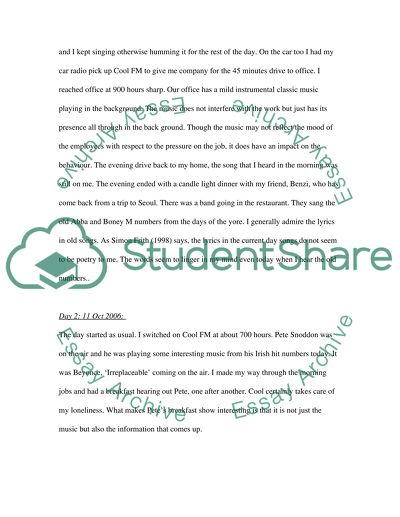Cite this document
(“Media Education Essay Example | Topics and Well Written Essays - 3500 words”, n.d.)
Retrieved from https://studentshare.org/psychology/1523926-media-education
Retrieved from https://studentshare.org/psychology/1523926-media-education
(Media Education Essay Example | Topics and Well Written Essays - 3500 Words)
https://studentshare.org/psychology/1523926-media-education.
https://studentshare.org/psychology/1523926-media-education.
“Media Education Essay Example | Topics and Well Written Essays - 3500 Words”, n.d. https://studentshare.org/psychology/1523926-media-education.


